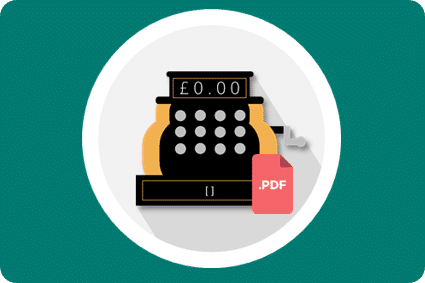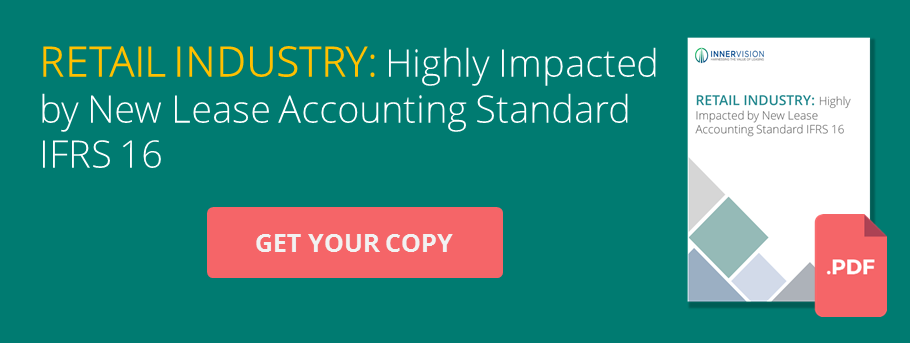RETAIL INDUSTRY: Highly Impacted by New Accounting Standard IFRS 16
Updated 26th May 2021 | 3 min read Published 28th April 2016

Chairman of the International Accounting Standards Board (IASB) Hans Hoogervorst, has highlighted the retail industry as one of the most significantly impacted by the switch to the new global accounting standard, IFRS 16.
Alongside airlines, shipping and the travel/leisure industries, retailers are likely to have the biggest preparations for transition as they typically have a high concentration of lease agreements.
Changes to Lease Accounting
Under IFRS 16, operating leases will need to be included within a lessee’s balance sheet, recognising a right of use asset and liability. This is currently not required under existing lease accounting standards, IAS 17. The transition to the new standard will have an operational and financial impact on these companies’ fiscal documents and their leasing processes as lessees need to collate and report on their entire lease portfolio as an estimated $2.8 trillion worth of lease commitments are brought onto balance sheets globally.
Retailers, in particular, tend to have a substantial number of operating leases and an extensive portfolio of both equipment and real-estate leases. This was made especially prevalent during the financial crisis, where numerous retail companies went bankrupt, despite having few debts on their balance sheets.
In fact, the IASB have referenced numerous retailers in their reasoning behind the need for a change to lease accounting, such as the disparity between the amount of finance leases featured with the retailer Woolworths’ balance sheet and the large sum of operating leases, whose obligations were not overtly included.
According to recent research conducted in PwC’s global capitalisation study, retailers are expected to see a median increase in debt recorded on the balance sheet of 98% and a 41% increase in EBITDA compared to published 2014 figures. Although this study does not take into account numerous transition reliefs offered by the IASB, it is clear that the retailers need to be aware of the significant impact IFRS 16 is likely to have on their financial metrics and rations as part of their preparations.
The Early Bird Achieves Compliance
In order to accurately calculate the financial impact and produce the required reports for the new lease accounting standards, retailers need to begin the potentially arduous task of locating, analysing and reporting on all their active leases.
To acheive compliance with the new standards, retailers must begin their preparations early if they are to meet the required transition deadlines. This includes improving systems and processes, collating lease documentation and analysing entire lease portfolios. Additionally, retailers will need to prudently manage their lease portfolio, identify lease renewals and use effective forecasting to communicate lease positions to key decision makers and stakeholders in light of the changes.
It is strongly advised that highly impacted industries and entities with substantial lease portfolios invest in lease accounting and management software to ease the administrative burden IFRS 16 preparations require. Intuitive software, like LOIS, will allow retail lessees to store, manage, analyse and report on all of their active leases through one central, optimised and automated platform. LOIS has the capacity to produce comparative reports as well as a “before and after” comparison of how your company will be impacted by the changes to lease accounting, giving you a clear picture of how IFRS 16 will affect your leases.
With this critical information, you can develop a strategic plan for efficient change.
Full compliance to the new lease accounting standards may appear to be a complex burden. However, with the correct tools and software in place and a comprehensive understanding, retailers can not only achieve full compliance, but also drive savings and ROI through integrated lease management and optimisation.
For more information on how your business will likely be impacted and to learn more about how to ensure the transition to IFRS 16 is cost-effective, simple and compliant, get in touch with Innervision’s leasing experts.
With years of experience, Innervision have been following the new lease accounting developments since they were first discussed in 2006 and have developed the most cost-effective and efficient method of transition. You can learn more about our specialised software LOIS and how it will prepare you for full compliance and long-term benefits here.


